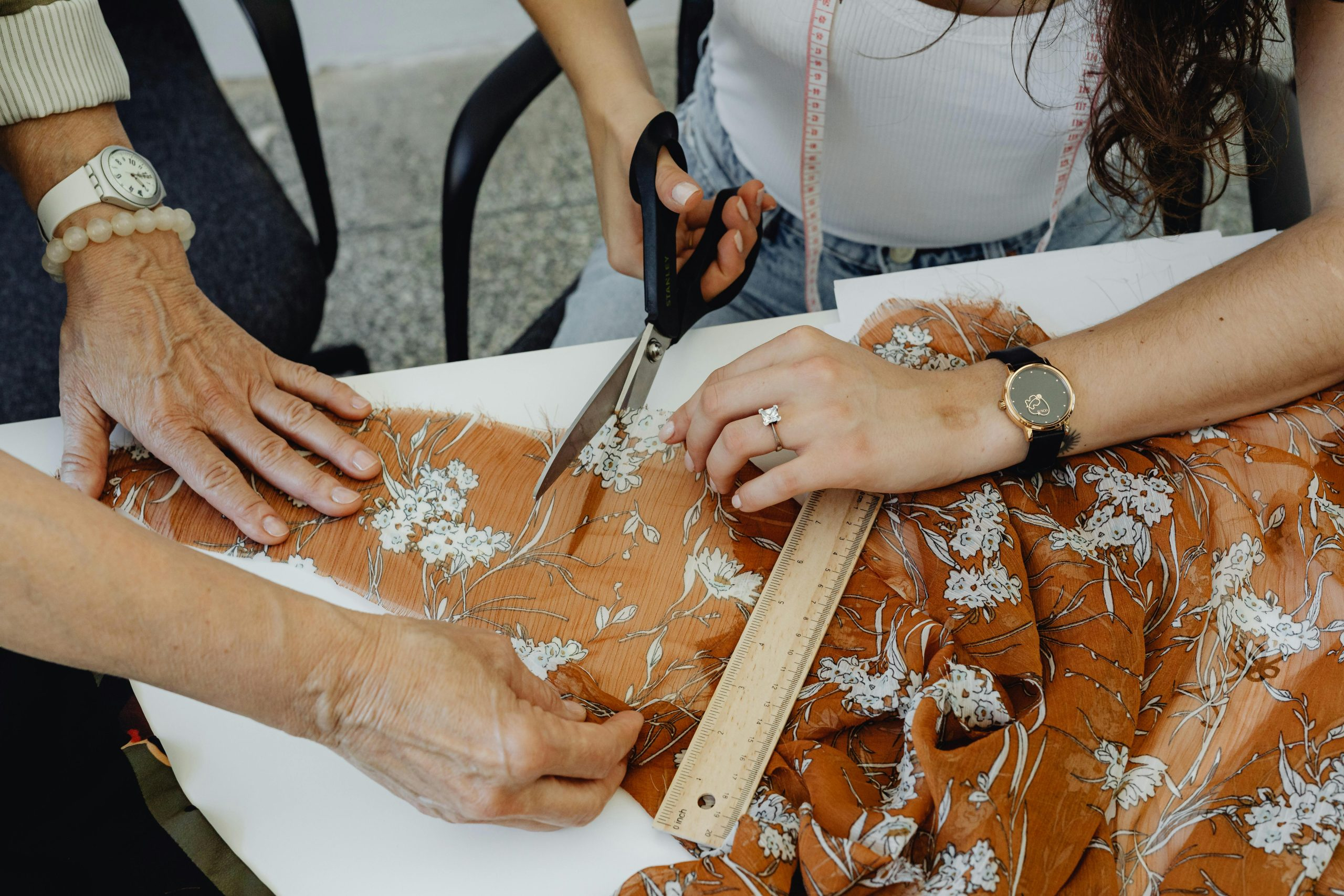The Role of AI in Fashion Personalization Tools
The fashion industry has long been at the forefront of innovation and change, constantly evolving to meet the ever-changing needs and demands of consumers. With the rise of technology, the industry has found new ways to connect with and engage consumers on a deeper level. One of the most notable advancements in recent years has been the integration of AI (Artificial Intelligence) in fashion personalization tools. AI has transformed the way fashion brands interact with their customers, providing a personalized and tailored shopping experience like never before. In this article, we will explore the role of AI in fashion personalization tools and its impact on the industry as a whole.
Understanding AI in Fashion Personalization Tools
At its core, AI is the ability of machines to perform tasks that usually require human intelligence. In the world of fashion, this means using algorithms and data to understand and predict consumer preferences, behaviors, and trends. AI technology is integrated into fashion personalization tools to deliver a personalized shopping experience for each individual consumer. These tools use various forms of AI, such as machine learning and deep learning, to analyze data and provide personalized recommendations to customers.
The Benefits of AI in Fashion Personalization
The integration of AI in fashion personalization tools has numerous benefits for both consumers and fashion brands. Firstly, it allows brands to gain a deeper understanding of their customers and their preferences. Through the analysis of data, AI-powered tools can identify patterns and trends, helping brands to better understand what their customers want. This, in turn, enables brands to tailor their products, services, and marketing to meet the specific needs of their target audience.
Secondly, the use of AI in fashion personalization tools provides a more personalized and engaging shopping experience for consumers. By analyzing data from various sources, such as customer browsing history, purchase history, and social media activity, these tools can provide personalized product recommendations, style guides, and outfit suggestions. This level of personalization not only enhances the shopping experience but also increases customer satisfaction and loyalty.
The Impact of AI on the Fashion Industry
The integration of AI in fashion personalization tools has had a significant impact on the industry, transforming the way fashion brands operate and interact with their customers. One of the biggest changes is the shift towards a more customer-centric approach. With the help of AI technology, brands can now focus on individual customers rather than a generalized target audience. This has led to an increase in customer retention and repeat business, ultimately resulting in higher revenues for fashion brands.
Moreover, AI has also played a crucial role in the production and supply chain of fashion brands. With AI-powered tools, brands can accurately predict consumer demand and trends, allowing them to optimize their production processes and reduce wastage. This not only helps brands to be more sustainable but also saves time and resources, ultimately leading to cost savings.
Challenges and Limitations of AI in Fashion Personalization
While the benefits of AI in fashion personalization tools are evident, there are also some challenges and limitations. One major challenge is the need for high-quality, accurate data. AI-powered tools rely on data to make predictions and provide recommendations, and if the data is skewed or incomplete, it can lead to inaccurate results. Additionally, there are concerns over data privacy and security, as these tools collect and analyze personal information.
Another limitation of AI technology is its inability to replicate human creativity. While AI can analyze data and provide recommendations, it cannot understand the emotional and creative aspects of fashion. This means that AI-powered tools may struggle to provide recommendations for unique and unconventional styles, which may limit the customer’s shopping experience.
Looking Towards the Future
The use of AI in fashion personalization tools is still relatively new, and we can expect to see continued advancements and innovations in the future. With the rise of voice and image recognition technology, we may see more personalized experiences in the form of virtual personal shopping assistants and clothing customization tools. Additionally, as AI technology becomes more accessible and affordable, we can expect smaller fashion brands to also implement these tools to stay competitive.
In Conclusion
The integration of AI in fashion personalization tools has revolutionized the way fashion brands connect with their customers. By providing a personalized shopping experience, these tools not only enhance customer satisfaction and loyalty but also allow brands to gain a competitive edge in the market. While there are challenges and limitations, the benefits of AI technology in the fashion industry cannot be ignored. With continued advancements, the future of fashion personalization is bright, and it will be exciting to see how AI further transforms the industry as a whole.










